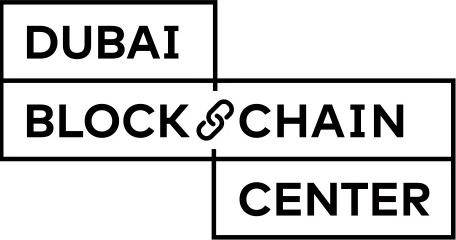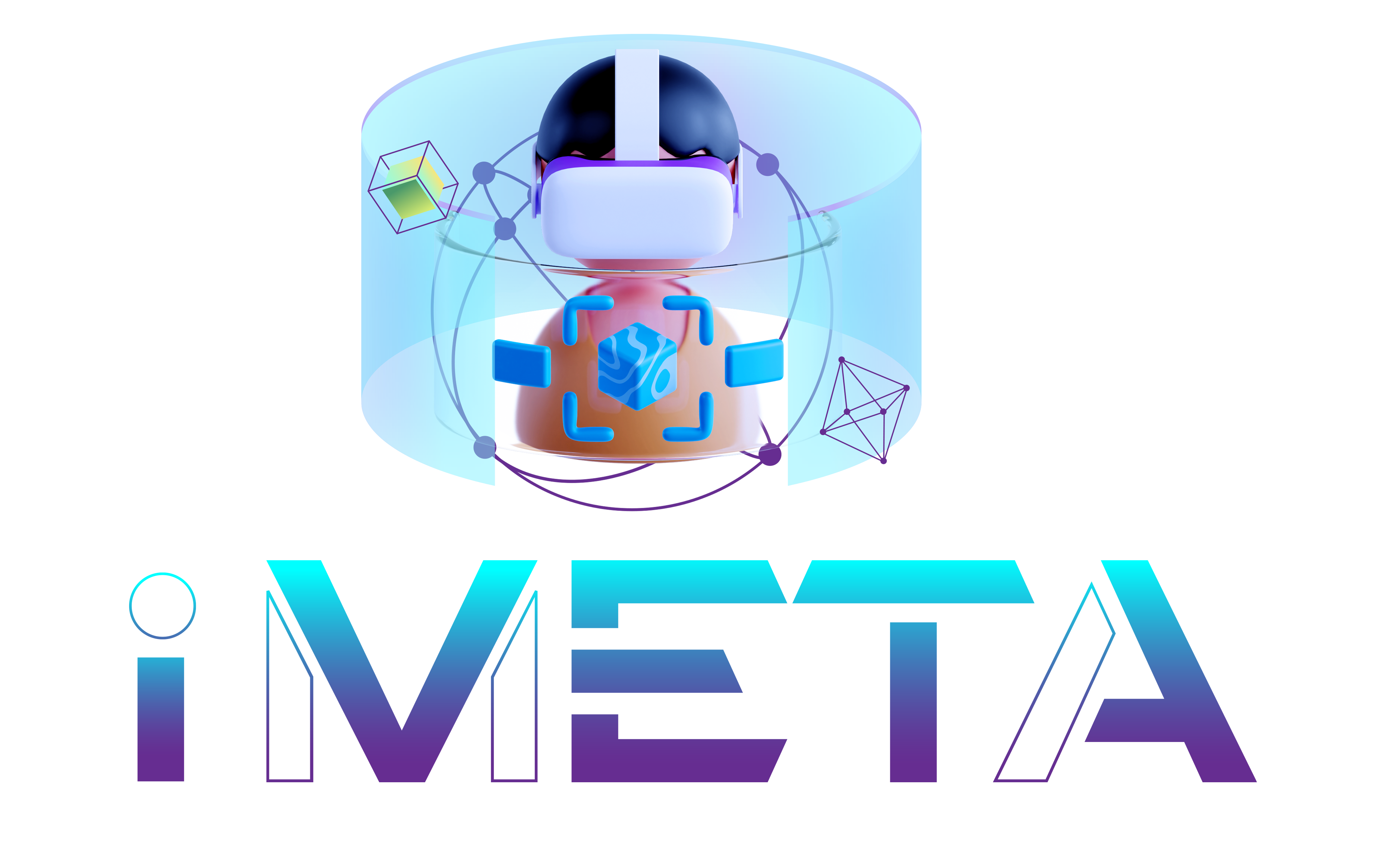Call For Paper
The 2nd International Conference on Intelligent Metaverse Technologies & Applications (iMETA)
Scope
Over the years, technology has advanced significantly, and the creation of the virtual environments (i.e., metaverse) is one of the latest innovations that is set to revolutionize how we interact, process, and connect our real-life to other lifes. With the metaverse, we are presented with a new realm that blurs the lines between the physical and digital world, providing a new space for communication, commerce, services, and entertainment.
The International Conference on Intelligent Metaverse Technologies & Applications (iMeta) is to bring together leading researchers, academics, and industry experts to explore the various aspects of the distributive metaverse, including its technologies, applications, and implications for various industries. Attendees can expect to participate in exciting keynote speeches, panel discussions, and presentations on cutting-edge research field.
Throughout the conference, there will be ample opportunities for attendees to network, share their knowledge, and collaborate on future initiatives that will drive the development of the metaverse forward. We are confident that iMeta conference will inspire new ideas, foster innovation, and spark collaborations that will push the boundaries of the metaverse and its potential to change the world as we know it.
The metaverse is a complex system that requires careful planning, design, and implementation to function correctly. The iMeta conference will delve into several key areas related to communication, computing, and systems within the metaverse. Communication is a fundamental aspect of the metaverse, allowing users to interact with one another, share information, and collaborate on tasks. Computing is also essential for the metaverse advancements and to function effectively. Topics such as distributed computing, cloud computing, and edge computing are to be revisited within the metaverse realm.
Overall, the iMETA conference aims to provide attendees with comprehensive understanding of the communication, computing, and system requirements of the metaverse. Through keynote speeches, panel discussions, and presentations, attendees will have the opportunity to engage with leading experts and learn about the latest developments and future trends in the field. The conference will also provide ample opportunities for networking, sharing knowledge, and collaborating with others in the metaverse community.
Topics
Researchers are encouraged to submit original research contributions in all major areas, which include, but not limited to:
- AI
- Al-driven virtual characters and NPCs in the metaverse
- Al-powered content creation and curation in the metaverse
- Natural Ianguage processing and conversational AI in the metaverse
- Machine learning and data analytics in the metaverse
- Al-ba sed user modeling and personalization in the metaverse
- AI-powered virtual assistants and concierges in the metaverse
- Metaverse data privacy and protection in AI -driven applications
- AI and machine learning for metaverse security and fraud prevention
- Al-driven virtual economy and financial systems in the metaverse
- AI and machine learning for metaverse optimization and performance
- Security and Privacy
- Identity and access management in the metaverse
- Secure communication protocols in the metaverse
- Cybersecurity threats and vulnerabilities in the metaverse
- Metaverse data privacy and protection
- Digital asset security in the metaverse
- Metaverse platform security and audit ability
- Compliance and regulatory issues in the metaverse
- Intellectual property rights and copyright in the metaverse
- Fraud and scam prevention in the metaverse
- Trust and reputation systems in the metaverse
- Networking and Communications
- Multi-modal communication in the metaverse (e.g., text-based chat, audio- based communication, video conferencing, haptic feedback)
- Network architecture and protocols for the metaverse (e.g., P2P networks, client- server networks, mesh networks)
- Metaverse network optimization and performance
- Network interoperability and standardization in the metaverse
- Cloud computing and edge computing for the metaverse
- Low-latency and high-bandwidth networks for the metaverse
- Metaverse content delivery networks (CDNs)
- Network security and privacy in the metaverse
- Blockchain-based networks in the metaverse
- The impact of 5G and beyond on the metaverse
- Systems and Computing
- Distributed computing for the metaverse (e.g., blockchain, distributed ledgers, P2P networks)
- Cloud computing and edge computing for the metaverse
- Metaverse system architecture and design
- Metaverse software engineering and development
- Metaverse content creation and distribution systems
- Metaverse data management and analysis
- Metaverse optimization and performance
- System interoperability and standardization in the metaverse
- Artificial intelligence and machine learning in the metaverse
- The impact of quantum computing on the metaverse
- Multimedia and Computer Vision
- Immersive multimedia technologies in the metaverse (e.g., 3D graphics, animation, sound, video)
- Computer vision and visual recognition in the metaverse (e.g., object detection, facial recognition, gesture recognition)
- Natural language processing and voice recognition in the metaverse
- Virtual and augmented reality technologies in the metaverse
- Metaverse content creation and distribution (e.g., virtual fashion, virtual real estate, virtual goods)
- Virtual and augmented reality advertising in the metaverse
- Metaverse content curation and recommendation systems
- Multimodal interaction and communication in the metaverse
- Metaverse accessibility and inclusivity
- Metaverse user-generated content (UGC) and moderation
- Immersive Technologies and Services
- Virtual and augmented reality technologies and applications in the metaverse
- Immersive audio technologies and services in the metaverse
- Haptic feedback and touch technologies in the metaverse
- Metaverse accessibility and inclusivity through immersive technologies and services
- Spatial computing and tracking in the metaverse
- Metaverse virtual events and conferences through immersive technologies and services
- Immersive educational and training through immersive technologies and services
- Metaverse entertainment and gaming through immersive technologies and services
- Immersive advertising and marketing in the metaverse
- The future of immersive technologies and services in the metaverse
- Storage and Processing
- Distributed storage and processing technologies for the metaverse (e.g., content delivery networks, P2P networkds, edge computing)
- Metaverse data management and analysis
- Metaverse content creation and distribution systems
- Metaverse data privacy and protection
- Metaverse optimization and performance
- Metaverse storage and processing for AI and machine learning applications
- Metaverse storage and processing for immersive technologies and services
- Metaverse storage and processing for multimedia and computer vision applications
- Metaverse storage and processing for communication and networking technologies
- The impact of new storage and processing technologies (e.g., quantum computing) on the metaverse
There are three categories of submission (References included in the page limit).
- Long papers: 7-8 pages. Overlength papers will be rejected without review.
- Short papers: 5-6 pages.
- Focused Survey: Up to 10 pages.
- Poster papers: 1-2 pages (undergraduate).
Technical-Sponsors
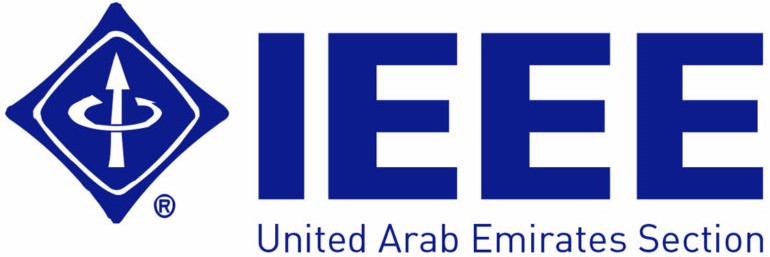
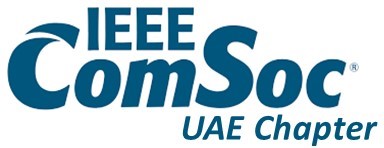
Destination Partner
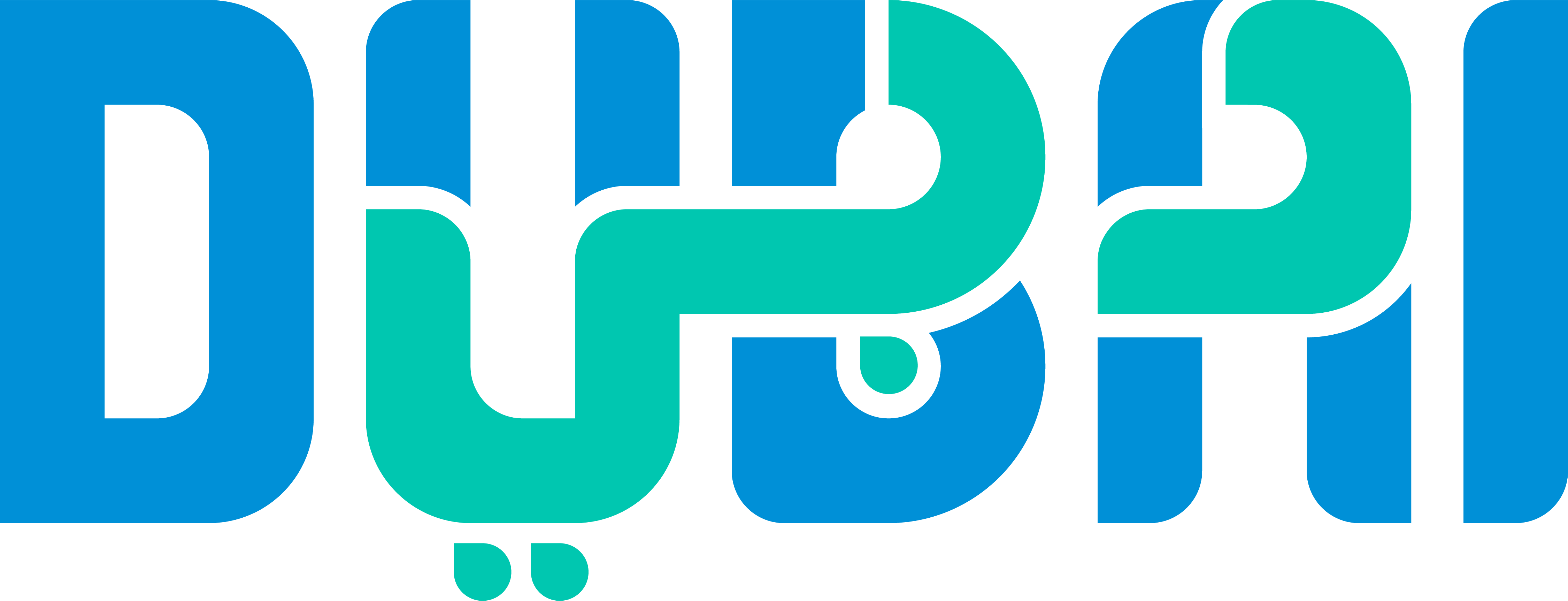
Important dates
Workshop Paper Submission
- Papers due: 10 September 2024
- Acceptance notification: 30 September 2024
- Camera-ready paper due: 10 October 2024
Special Session Submission
- Papers due: 30 July 2024
- Acceptance notification: 1 September 2024
- Camera-ready paper due: 1 October 2024
Paper Submission
- Papers due:
30 May 202430 June 2024 - Acceptance notification: 1 September 2024
- Camera-ready paper due: 1 October 2024
Workshop/Tutorial
- Proposal due: 30 June 2024
- Acceptance notification: 15 July 2024
Previous Editions
